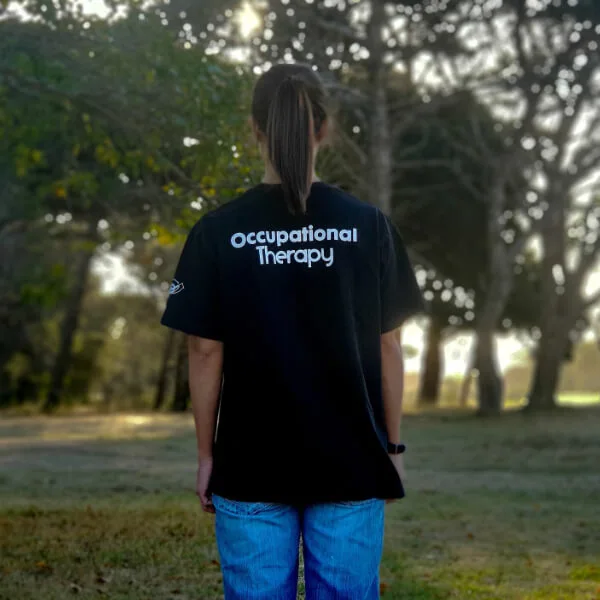In an era where inclusion, support, and community integration for individuals with disabilities are more crucial than ever, the National Disability Insurance Scheme (NDIS) stands out as a revolutionary initiative. Enacted by the Australian Government, the NDIS transforms the landscape of disability support, aiming to provide financial assistance and a holistic framework for empowerment and independence. Now, let’s dive in What is NDIS?
Key Takeaways: The NDIS as a Beacon of Hope
- Empowerment and Independence: The NDIS empowers individuals with disabilities by funding supports that foster independence, community participation, and an improved quality of life.
- Personalized Support: Tailored to meet individual needs, the scheme ensures that participants can choose how their supports are delivered.
- Economic and Social Catalyst: Beyond individual benefits, the NDIS is crucial in stimulating local economies and fostering a more inclusive society.

What is NDIS?
At its core, the NDIS is a beacon of hope, designed to offer comprehensive support to eligible individuals with disabilities. It facilitates access to the necessary services and aids that empower them to not just exist, but to truly live life to the fullest. With a focus on personal goals and needs, the NDIS is more than a policy—it’s a lifeline that connects over 500,000 Australians with disabilities to a world of opportunities, from family time and community engagement to employment and personal development.
A Brief History: The Journey of NDIS
The NDIS’s inception was a testament to the power of collective action, marked by a determined push for reform from the disability community and its allies. After its national rollout on 1 July 2016, the scheme has seen various phases of evolution, including management shifts and the integration of technology, like the development of a virtual assistant, “Nadia,” to improve service delivery. The scheme’s impact has also extended into regional economies, underlining its significance as a social and economic catalyst.
NDIS Services: Empowering Choice and Control
The National Disability Insurance Scheme (NDIS) revolutionizes support for individuals with disabilities through three main support categories. Each category is tailored to meet its participants’ varying needs and goals, ensuring a foundation for a more inclusive and supportive society. Here’s a brief look at these categories:
Core Supports:
This foundational support layer focuses on assisting participants with their daily activities and ensuring they can participate in the community. Core supports cover a wide range of services, including personal care, consumables like continence aids, and assistance with household tasks. It’s all about facilitating an independent lifestyle and social involvement.
Capacity Building:
Aimed at enhancing a participant’s abilities, Capacity Building supports focus on learning new skills, improving independence, and achieving personal goals. This category includes therapy services, educational support, and employment services, emphasizing long-term development and empowerment of the individual.
Capital Supports:
These supports are for significant investments such as assistive technologies, equipment, and home or vehicle modifications to improve accessibility and mobility. Capital supports are designed to provide long-term solutions that enhance the participant’s quality of life and ability to participate in the community.
By offering these tailored support categories, the NDIS empowers participants with the choice and control over their support, enabling them to lead fuller, more independent lives.
Transformative Impact and Continuous Improvement:
Since its inception, the National Disability Insurance Scheme (NDIS) has faced its share of hurdles, yet a proactive stance towards enhancement and adaptability marks its trajectory. Initiatives like the Participant Service Guarantee and substantive reforms in Supported Independent Living stand out.
These developments are pivotal, aiming to refine the NDIS planning process to be more transparent, consistent, and equitable. Such measures reflect a broader governmental commitment to listening and responding to the feedback from those at the scheme’s core—its participants. By focusing on making the scheme more accessible and responsive, the Government is addressing the immediate needs and laying a solid foundation for the scheme’s long-term sustainability and effectiveness.
This approach underscores dedication to upholding and elevating the quality of support and services provided to individuals with disabilities, ensuring that the NDIS remains a dynamic and evolving entity tailored to meet the diverse needs of its beneficiaries.
The Bottom Line:
In conclusion, the NDIS is not just a scheme but a movement towards a future where individuals with disabilities are supported and celebrated for their unique contributions to our community. Through continuous dialogue, refinement, and a commitment to empowerment, the NDIS is paving the way for a more inclusive Australia.
Frequently Asked Questions:
Who is eligible for the NDIS?
Eligibility for the NDIS is based on age, residency, and the nature of the disability. It is for Australians under 65 who have a permanent and significant disability.
How does the NDIS funding work?
NDIS funding is personalized and based on each participant’s unique needs, covering reasonable and necessary support to help achieve individual goals.
Can I choose my service providers?
Yes, one of the foundational principles of the NDIS is to provide participants with the choice and control over their supports, including who provides them













